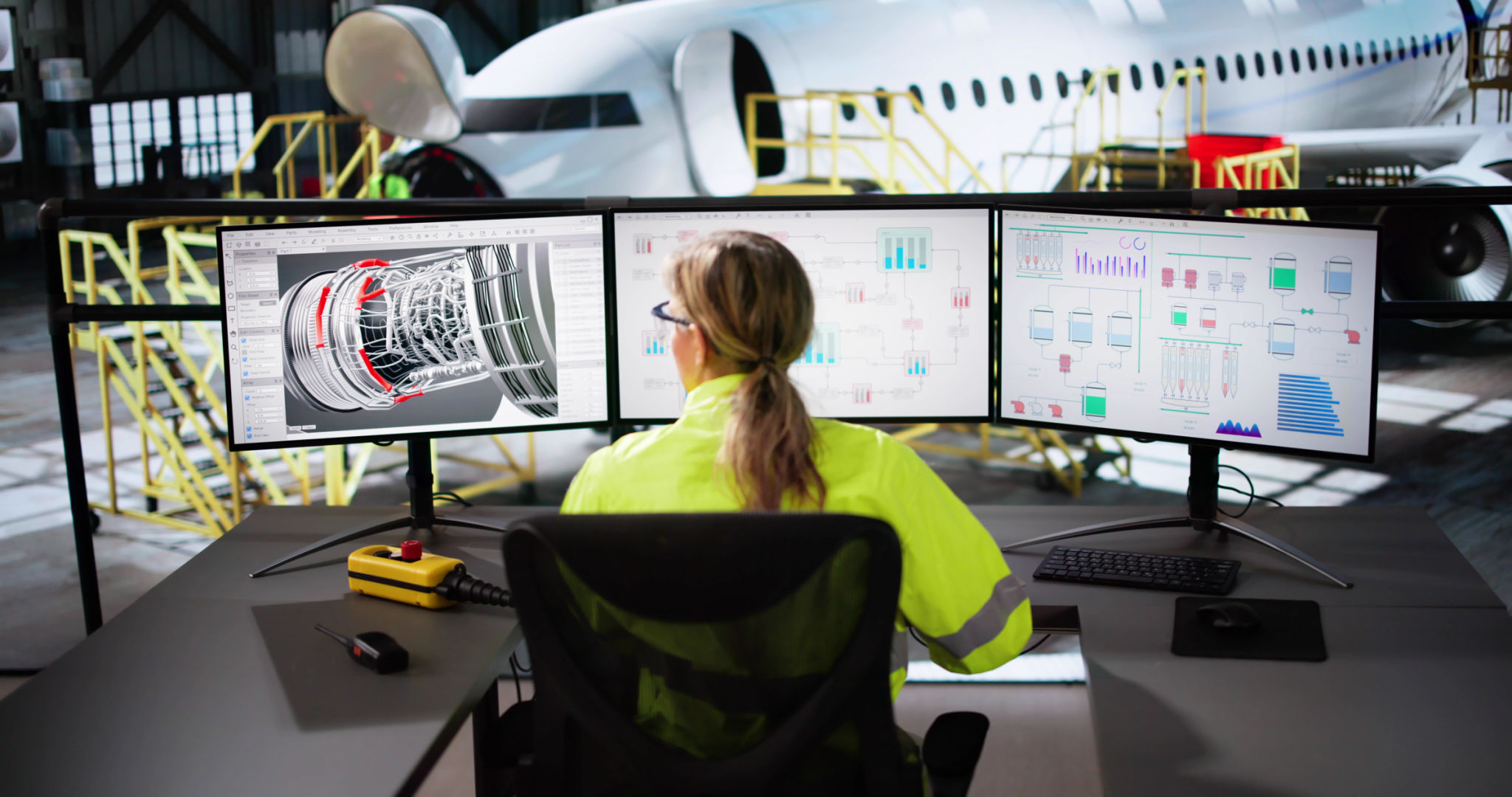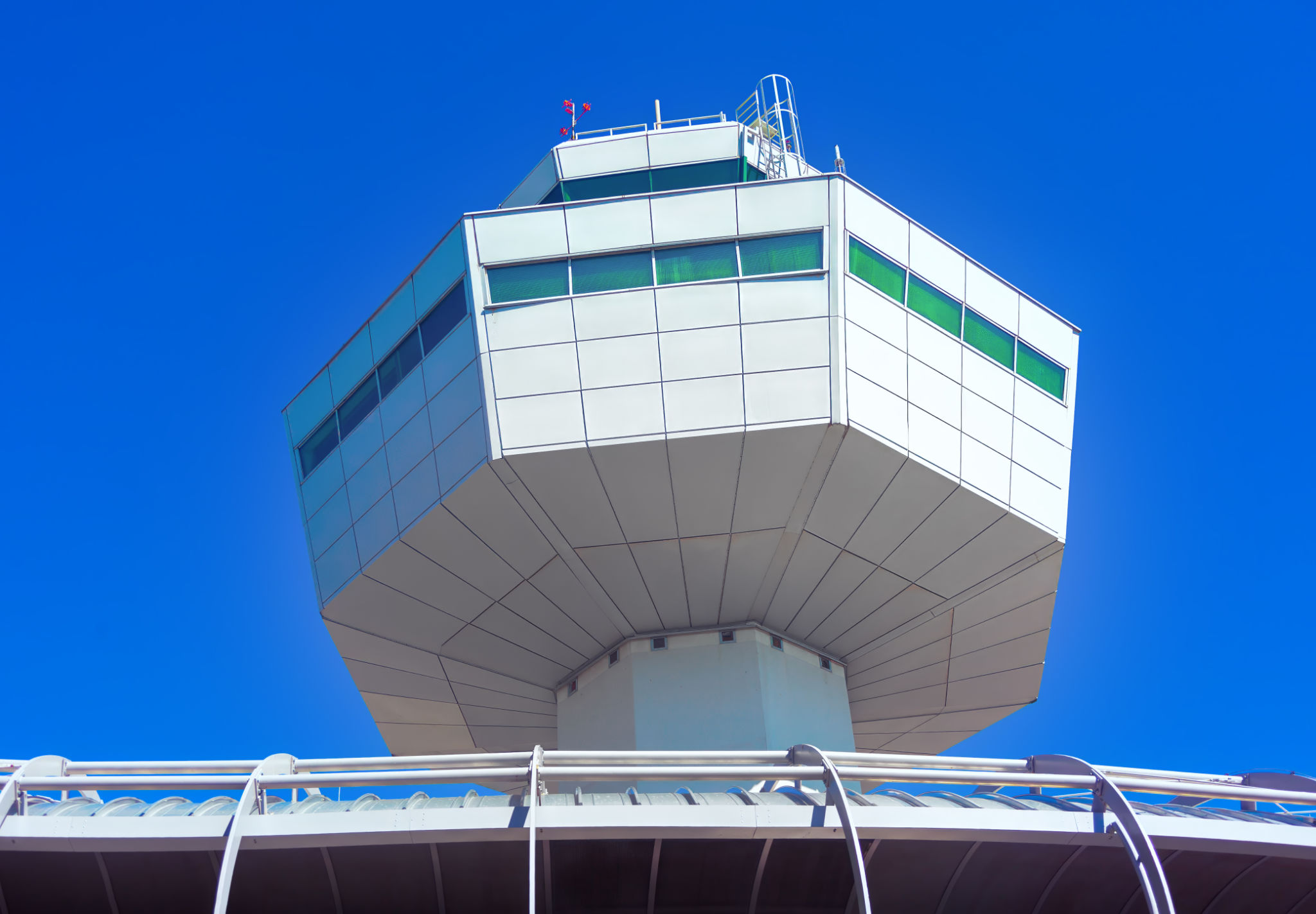Maximizing Efficiency: Expert Tips on Leveraging Aviation Technologies
Understanding the Role of Aviation Technologies
In today's rapidly evolving aviation industry, technology plays a pivotal role in enhancing operational efficiency. From navigation systems to communication networks, the integration of advanced technologies is transforming how airlines operate and manage their fleets. This shift is not just about keeping up with the competition; it's about maximizing efficiency and ensuring safety.

Advanced Navigation Systems
One of the core advancements in aviation technology is the development of sophisticated navigation systems. These systems have significantly improved route optimization, allowing aircraft to fly more direct paths, which reduces fuel consumption and travel time. Implementing Performance-Based Navigation (PBN) is one way airlines are achieving these benefits. PBN uses satellite technology to provide precise aircraft positioning, enhancing both safety and efficiency.
Improved Communication Networks
Another crucial aspect of leveraging aviation technologies is the enhancement of communication networks. With real-time data exchange between aircraft and ground control, airlines can better manage air traffic and respond swiftly to dynamic conditions. This capability is particularly vital in avoiding delays and ensuring smooth operations during peak travel periods.

Optimizing Maintenance with Predictive Analytics
Predictive analytics is revolutionizing aircraft maintenance by allowing airlines to anticipate potential issues before they become critical problems. By analyzing data collected from various sensors on the aircraft, maintenance teams can identify patterns that indicate wear and tear. This proactive approach not only reduces unexpected downtime but also extends the lifespan of critical components.
Benefits of Real-Time Monitoring
Real-time monitoring is another significant advancement that aids in maximizing efficiency. By continuously tracking aircraft performance, airlines can make informed decisions quickly. This capability leads to improved fuel management, better scheduling, and ultimately, enhanced passenger satisfaction.

The Future of Aviation: Emerging Technologies
The future of aviation looks promising with several emerging technologies on the horizon. Innovations such as artificial intelligence (AI) and machine learning are set to further streamline operations by automating routine tasks and providing deeper insights into operational data. Additionally, the adoption of blockchain technology could enhance security protocols and streamline logistics.
Sustainability through Technology
As the aviation industry strives for sustainability, technology plays a crucial role in reducing environmental impact. Electric and hybrid propulsion systems are being developed to minimize carbon emissions, while advanced materials are being used to construct lighter, more fuel-efficient aircraft. These innovations are essential for meeting global environmental goals.

Conclusion: Embracing Technological Advancements
In conclusion, embracing technological advancements in aviation is not just about staying competitive; it's about creating a safer, more efficient, and sustainable industry. By leveraging advances in navigation, communication, maintenance, and emerging technologies, airlines can maximize efficiency and ensure a brighter future for aviation.
